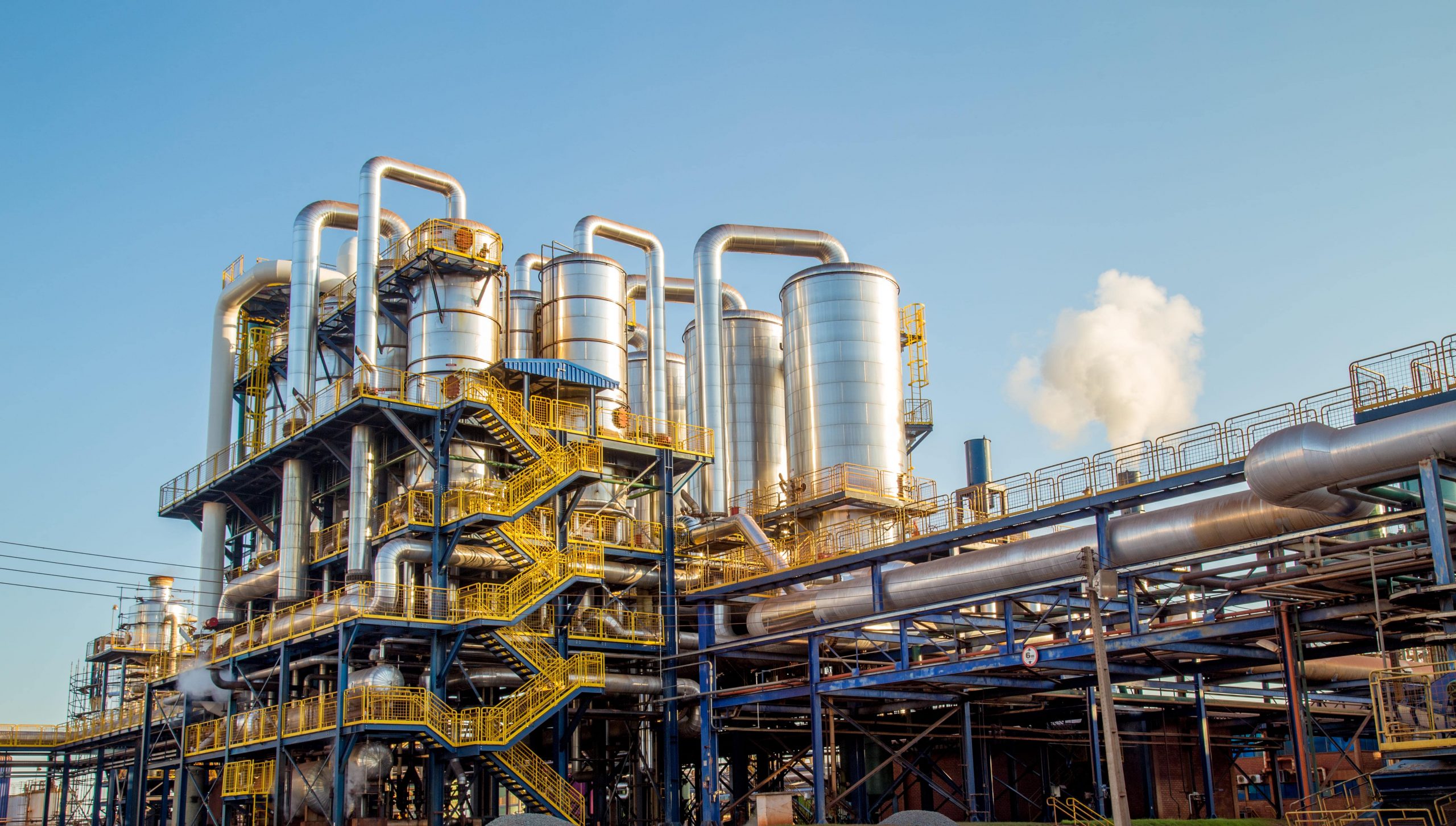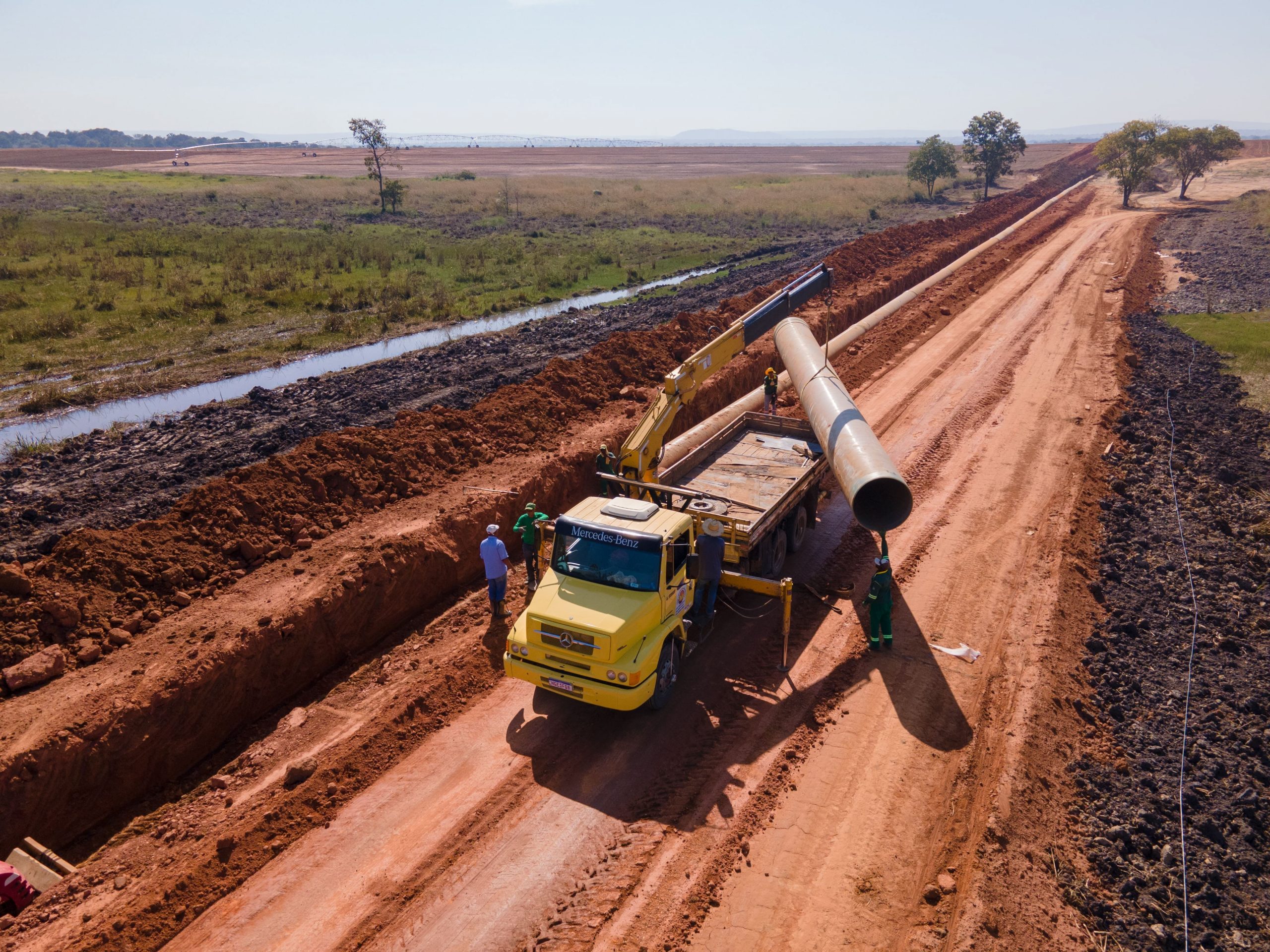The sugar and alcohol sector, also known as the “sugar-energy sector”, is a branch of agribusiness that is responsible for the production of sugar, alcohol, sugar cane rum and other derivatives such as ethanol and solvents, and is today one of the most important economic segments in Brazil.
Sugar and alcohol plants are recognized as a type of industry marked by high costs of maintenance, replacement, and repair of equipment due to abrasion and corrosion, which require specific techniques for handling and treating waste. Therefore, in recent years this segment has been looking for alternative products that provide greater resistance to corrosion, better conditions for cleaning and, consequently, fewer interventions in the plant.
In this sense, Petrofisa’s portfolio includes solutions and technologies in FRP (Fiberglass Reinforced Plastic) that are perfect for the sugar-alcohol sector, from applications involving the conduction of hot and cold vinasse, effluents, to water pipes, and guardrails. And it is worth mentioning that in this segment there are numerous advantages of Fiberglass pipes when compared to traditional metallic products.
Immune to corrosion
Fiberglass pipes are completely inert to any type of corrosion. Both internally and externally, they do not suffer from any type of chemical corrosion (salt water, H2S), generic, galvanic, intergranular, or graphitic corrosion that normally affect metallic pipes.
Abrasion resistance
FRP is among the materials with the lowest roughness coefficients, which means that its completely smooth interior surface requires less energy for fluids to circulate, thus offering greater abrasion resistance than metallic pipes.
Synergistic effect of the corrosion-abrasion binomial
The fluid’s combined corrosive and abrasive actions create a devastating synergistic effect for the corrosion of metals. Fiberglass pipes, as they are immune to corrosion and have high resistance to abrasion, break the synergistic effect of this binomial, so harmful to metallic materials.
Resistance to elevated temperatures and weather
In fertigation applications with vinasse and wastewater, where temperatures can vary greatly, from room temperatures to close to 98°C, we manufacture the pipes with specific resins that provide greater durability.
The outer surface of the pipe’s finish is composed of a thermosetting resin-based layer with a UV-A and UV-B inhibitor, which gives the pipes excellent resistance to aging.
Mechanical resistance
The safety factor for internal pipe pressure is up to 4 times the rated pressure. A rated pressure (PN) pipe of 1.6 MPa (16 kgf/cm2 or 160 mca) is hydrostatically tested to burst pressure, which reaches about 64 kgf/cm2.
Lightweight and extremely durable
FRP pipes are a quarter the weight of steel and are 25% lighter than aluminum.
In terms of life cycle, composites can last more than 50 years without the need for maintenance.

